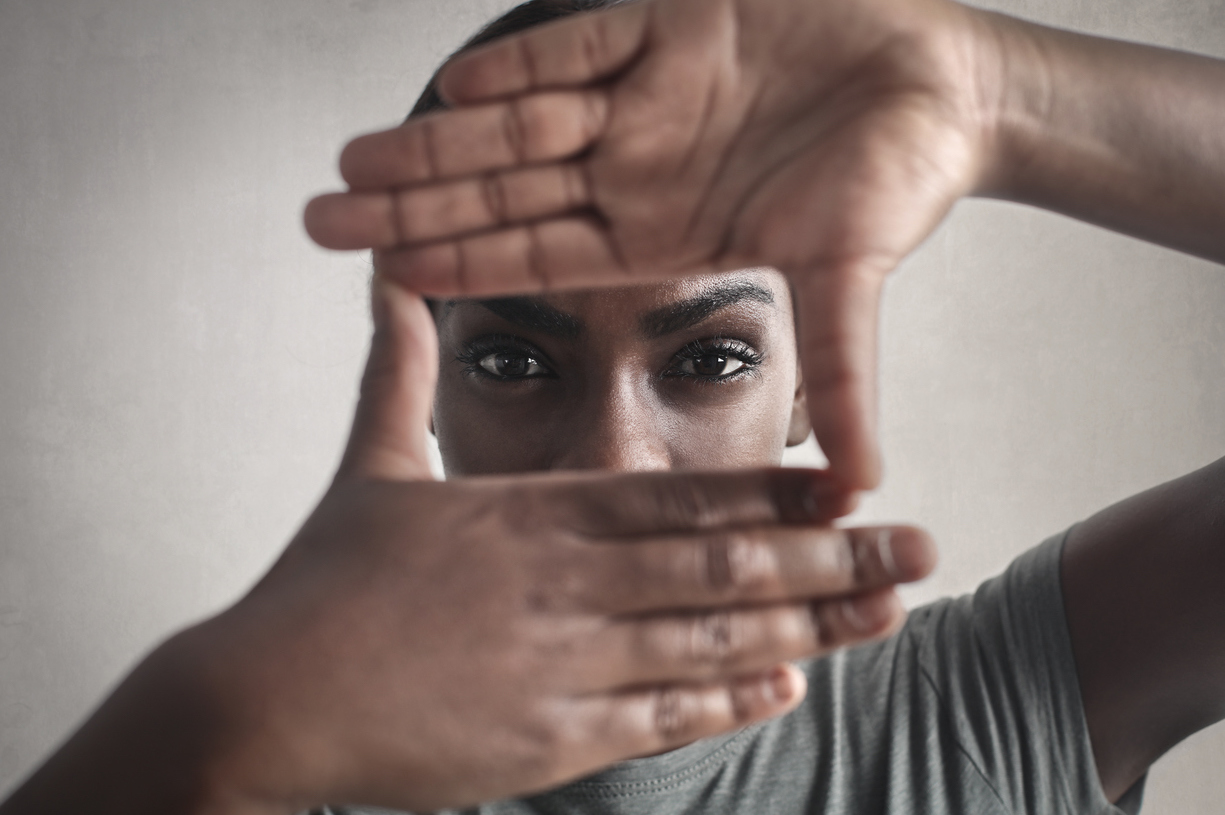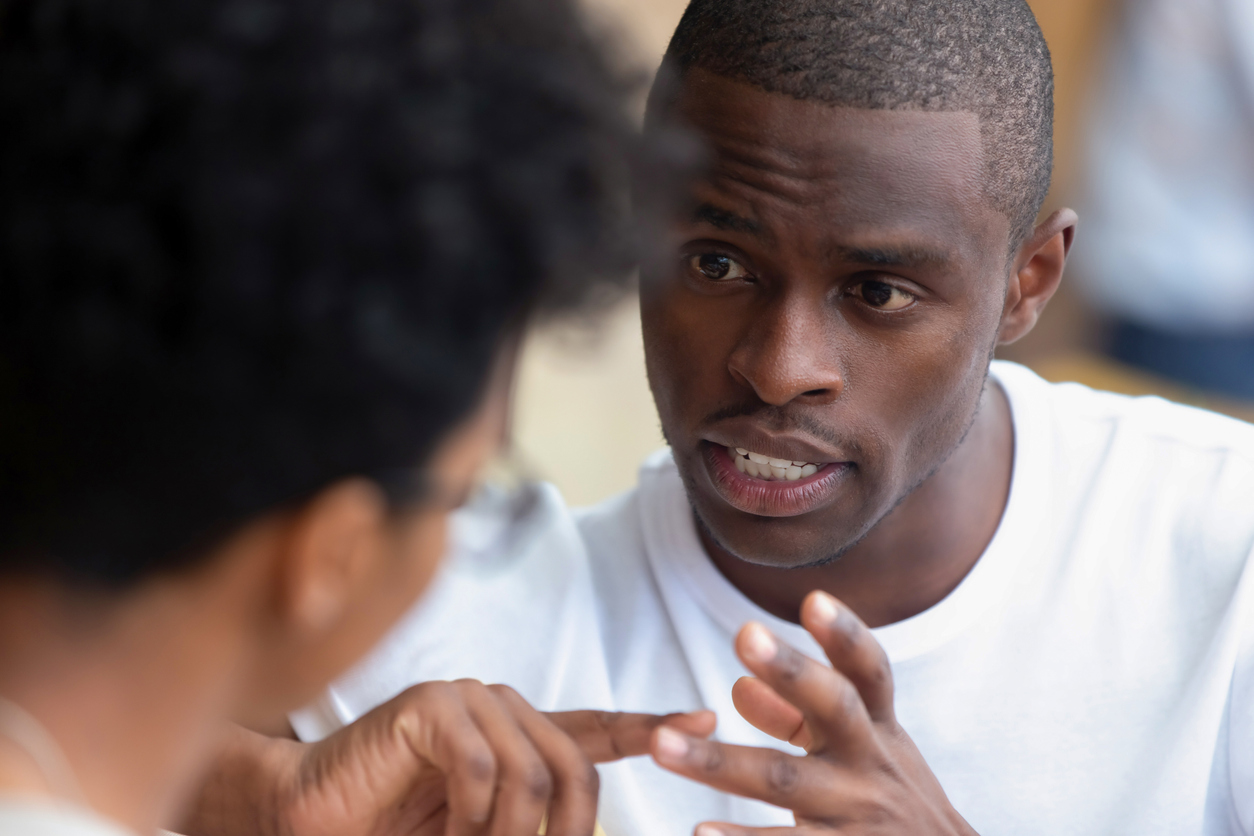Looking for answers?
Click on the topic that best fits what you’re wondering about and we’ll take you to posts in that category.
Or, click on the magnifying glass in the menu above, type in a keyword, and press enter.
First Steps
These posts focus on what abuse is, why change is worth it, and how to get started on your journey.
Questions answered:
- Am I really abusive?
- Can I save my relationship/family?
- How much trouble am I in right now?
Problem Areas
Here we talk about how to handle difficult situations and how to stop specific behaviors that harm relationships.
Questions answered:
- How do I stop doing _____?
- How can I handle difficult situations better?
- What do I do when my partner _____?
Root Causes
Taking a deeper dive into what drives bad behavior helps us learn how to heal and change from the inside out.
Questions answered:
- Why am I like this?
- What’s driving my behavior?
- How do I make change permanent?
Relationship Skills
Relationships are hard. These posts center on ways to make yours close and loving and keep it that way.
Questions answered:
- How can I improve my relationship?
- How can I reduce conflict?
- What role does boundaries play?
The Change Journey
Posts in this topic explain milestones and challenges in your change journey, including how to know when you’re ready for a relationship.
Questions answered:
- What is the process of changing?
- How do I know I’m better?
- Am I safe to be in a relationship?
Resources and Reviews
Wondering what other resources can help you on your journey? Here are recommendations for some of the most useful ones.
Questions answered:
- What other resources are out there?
- How can I get the most from counseling?
- Are there books I should read?









